The purpose of reflective writing is to help you learn from a particular practical experience. It will help you to make connections between what you are taught in theory and what you need to do in practice. You reflect so that you can learn.
In reflective writing, you are trying to write down some of the thinking that you have been through while carrying out a particular practical activity, such as writing an essay, teaching a class or selling a product. Through reflection, you should be able to make sense of what you did and why and perhaps help yourself to do it better next time.
You might reflect for many reasons in many ways, for example, in a diary or personal log. But here we are interested in the kind of writing that you do for assessment. You are often asked to provide a record of what you did plus a reflection of how you did it and how you are using what you are taught in your classes and any practical experience you are gaining to do this.
Reflective writing gives you the chance think about what you are doing more deeply and to learn from your experience. You have the opportunity to discover how what you are taught in class helps you with your real-world or academic tasks. Writing your thoughts down makes it easier for you to think about them and make connections between what you are thinking, what you are being taught and what you are doing. Your written reflection will also serve as a source of reference and evidence in the future.
It is not sufficient simply to have an experience in order to learn. Without reflecting upon this experience it may quickly be forgotten, or its learning potential lost. It is from the feelings and thoughts emerging from this reflection that generalisations or concepts can be generated.
And it is generalisations that allow new situations to be tackled effectively. (Gibbs, 1988, p. 9)
You might want to or be asked to reflect on:
- how to choose a subject for your dissertation,
- how to approach your dissertation,
- what your essay title means,
- how you are going to approach the essay,
- how well you wrote a piece of work,
- how you prepared for a lecture,
- how you listened to a lecture,
- how you undertook a reading assignment,
- how you performed in a recent examination,
- how you contributed to some group work,
- how others reacted,
- how you did in a practical situation,
- what experiences you gained in some part-time or voluntary work you did,
- how you solved a particular problem,
- how you can improve your study,
In your reflection, you could write about:
- what you did and why you did it,
- what was good and bad about it,
- why you found it good or bad,
- what you found easy or difficult,
- why you found it easy or difficult,
- what you liked about what you did,
- why you felt like that,
- how you might want to follow it up,
- what other people did and why they did it,
- how did you feel about what others did,
- how you used what you have been taught in class,
- what other information do you need,
- what you are going to do differently in this type of situation next time,
- what steps you are going to take on the basis of what you have learned,
- what you are going to do next.
Reflective writing often involves an action plan in which you should write about:
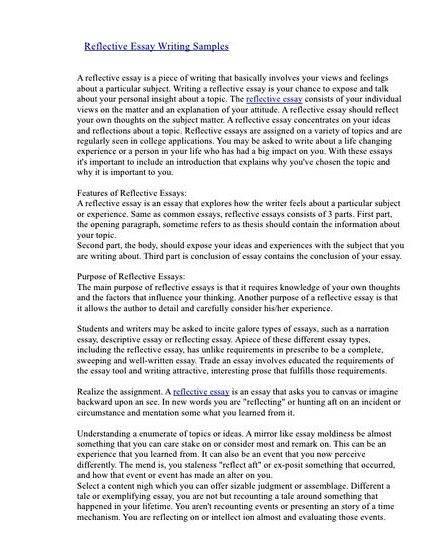
- what you are going to do differently in this type of situation next time
- what steps you are going to take on the basis of what you have learned .
Kolb’s (1984) experiential learning cycle is useful here:
In this case Concrete Experience is the activity – what you did. Reflective Observation is thinking about how you did it, how you felt and how you might have done it differently. Abstract Conceptualisation is thinking about what you were taught in class, what you have read about how to do this stage and why. Active Experimentation is thinking about what you learned from your reflection and conceptualisation and planning how you might do it differently next time.
Let us assume that you are reflecting on something that you have done in class.
You will probably start by describing what you did. You might then want to write about how you did the activity, what methods you used. You might then want to evaluate your performance. How well did you do? In order to do this, you need to consider what you have been taught. You might want to describe what the experts say. You may then to consider your reactions. How did you/do you feel? You might finish by considering how you would do it next time.
In reflective writing it is common to use the first person – ‘I’ – when necessary.
Based on Kolb’s work, Gibbs (1988, p. 47) suggests the following stages to encourage deeper reflection:
Reflection papers allow you to communicate with your instructor about how a specific article, lesson, lecture, or experience shapes your understanding of class-related material. Reflection papers are personal and subjective, but they must still maintain a somewhat academic tone and must still be thoroughly and cohesively organized. Here’s what you need to know about writing an effective reflection.
Steps Edit
Part One of Three:
Brainstorming Edit
Identify the main themes. [1] In your notes, summarize the experience, reading, or lesson in one to three sentences.
- These sentences should be both descriptive yet straight to the point.
Can you please put wikiHow on the whitelist for your ad blocker? wikiHow relies on ad money to give you our free how-to guides. Learn how .
Jot down material that stands out in your mind. Determine why that material stands out and make another note of what you figure out.
- For lectures or readings, you can jot down specific quotations or summarize passages.
- For experiences, make a note of specific portions of your experience. You could even write a small summary or story of an event that happened during the experience that stands out. Images, sounds, or other sensory portions of your experience work, as well.
Chart things out. [2] You may find it helpful to create a chart or table to keep track of your ideas.
- In the first column, list the main points or key experiences. These points can include anything that the author or speaker treated with importance as well as any specific details you found to be important. Divide each point into its own separate row.
- In the second column, list your personal response to the points you brought up in the first column. Mention how your subjective values, experiences, and beliefs influence your response.
- In the third and final column, describe how much of your personal response to share in your reflection paper.
Ask yourself questions to guide your response. If you are struggling to gauge your own feelings or pinpoint your own response, try asking yourself questions about the experience or reading and how it relates to you. Sample questions might include: [3]
- Does the reading, lecture, or experience challenge you socially, culturally, emotionally, or theologically? If so, where and how? Why does it bother you or catch your attention?
- Has the reading, lecture, or experience changed your way of thinking? Did it conflict with beliefs you held previously, and what evidence did it provide you with in order to change your thought process on the topic?
- Does the reading, lecture, or experience leave you with any questions? Were these questions ones you had previously or ones you developed only after finishing?
- Did the author, speaker, or those involved in the experience fail to address any important issues? Could a certain fact or idea have dramatically changed the impact or conclusion of the reading, lecture, or experience?
- How do the issues or ideas brought up in this reading, lecture, or experience mesh with past experiences or readings? Do the ideas contradict or support each other?
Reveal information wisely. A reflection paper is somewhat personal in that it includes your subjective feelings and opinions. Instead of revealing everything about yourself, carefully ask yourself if something is appropriate before including it in your paper.
- If you feel uncomfortable about a personal issue that affects the conclusions you reached, it is wisest not to include personal details about it.
- If a certain issue is unavoidable but you feel uncomfortable revealing your personal experiences or feelings regarding it, write about the issue in more general terms. Identify the issue itself and indicate concerns you have professionally or academically.
Maintain a professional or academic tone. A reflection paper is personal and objective, but you should still keep your thoughts organized and sensible.
- Avoid dragging someone else down in your writing. If a particular person made the experience you are reflecting on difficult, unpleasant, or uncomfortable, you must still maintain a level of detachment as you describe that person’s influence. Instead of stating something like, “Bob was such a rude jerk,” say something more along the lines of, “One man was abrupt and spoke harshly, making me feel as though I was not welcome there.” Describe the actions, not the person, and frame those actions within the context of how they influenced your conclusions.
- A reflection paper is one of the few pieces of academic writing in which you can get away with using the first person pronoun “I.” That said, you should still relate your subjective feelings and opinions using specific evidence to explain them.
- Avoid slang and always use correct spelling and grammar. Internet abbreviations like “LOL” or “OMG” are fine to use personally among friends and family, but this is still an academic paper, so you need to treat it with the grammatical respect it deserves. Do not treat it as a personal journal entry.
- Check and double-check your spelling and grammar after you finish your paper.
Review your reflection paper at the sentence level. A clear, well-written paper must have clear, well-written sentences.
- Keep your sentences focused. Avoid squeezing multiple ideas into one sentence.
- Avoid sentence fragments. Make sure that each sentence has a subject and a verb.
- Vary your sentence length. Include both simple sentences with a single subject and verb and complex sentences with multiple clauses. Doing so makes your paper sound more conversational and natural, and prevents the writing from becoming too wooden.
Use transitions. Transitional phrases shift the argument and introduce specific details. They also allow you to illustrate how one experience or detail directly links to a conclusion or understanding.
- Common transitional phrases include “for example,” “for instance,” “as a result,” “an opposite view is,” and “a different perspective is.”
Relate relevant classroom information to the experience or reading. You can incorporate information you learned in the classroom with information addressed by the reading, lecture, or experience.
- For instance, if reflecting on a piece of literary criticism, you could mention how your beliefs and ideas about the literary theory addressed in the article relate to what your instructor taught you about it or how it applies to prose and poetry read in class.
- As another example, if reflecting on a new social experience for a sociology class, you could relate that experience to specific ideas or social patterns discussed in class.
How to Write a Speech Introducing Yourself
How to Write a Poem
How to Write a Short Story
How to Write a News Article
How to Write an Article Review
How to Write a Brief Description of Yourself
How to Address Envelopes With Attn
How to Write a Descriptive Paragraph
How to Write a Feature Article
How to Write About Your Hobbies and Interests


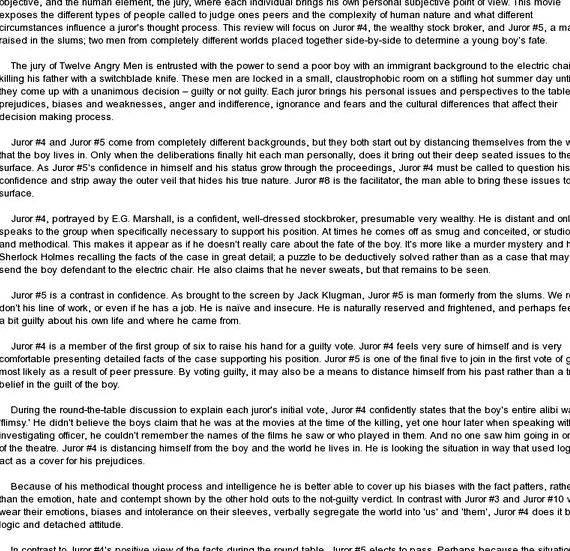
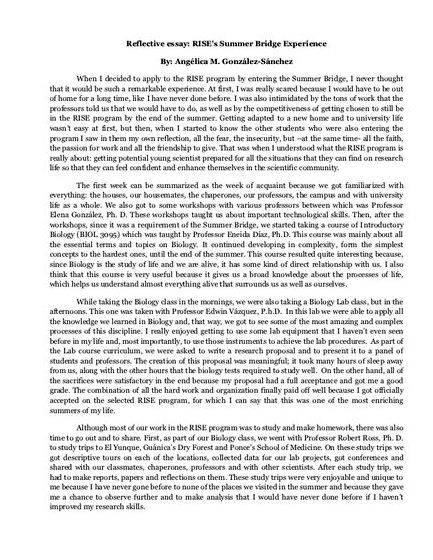


 Path to success game write a doctoral dissertation
Path to success game write a doctoral dissertation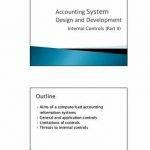 Faut-il suivre la mode dissertation writing
Faut-il suivre la mode dissertation writing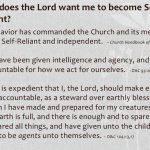 Dissertation tu darmstadt chemie online
Dissertation tu darmstadt chemie online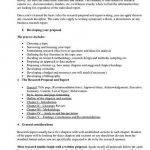 Dissertation proposal sample marketing analysis
Dissertation proposal sample marketing analysis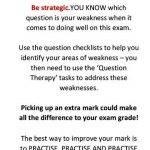 Writing first draft dissertation titles
Writing first draft dissertation titles






